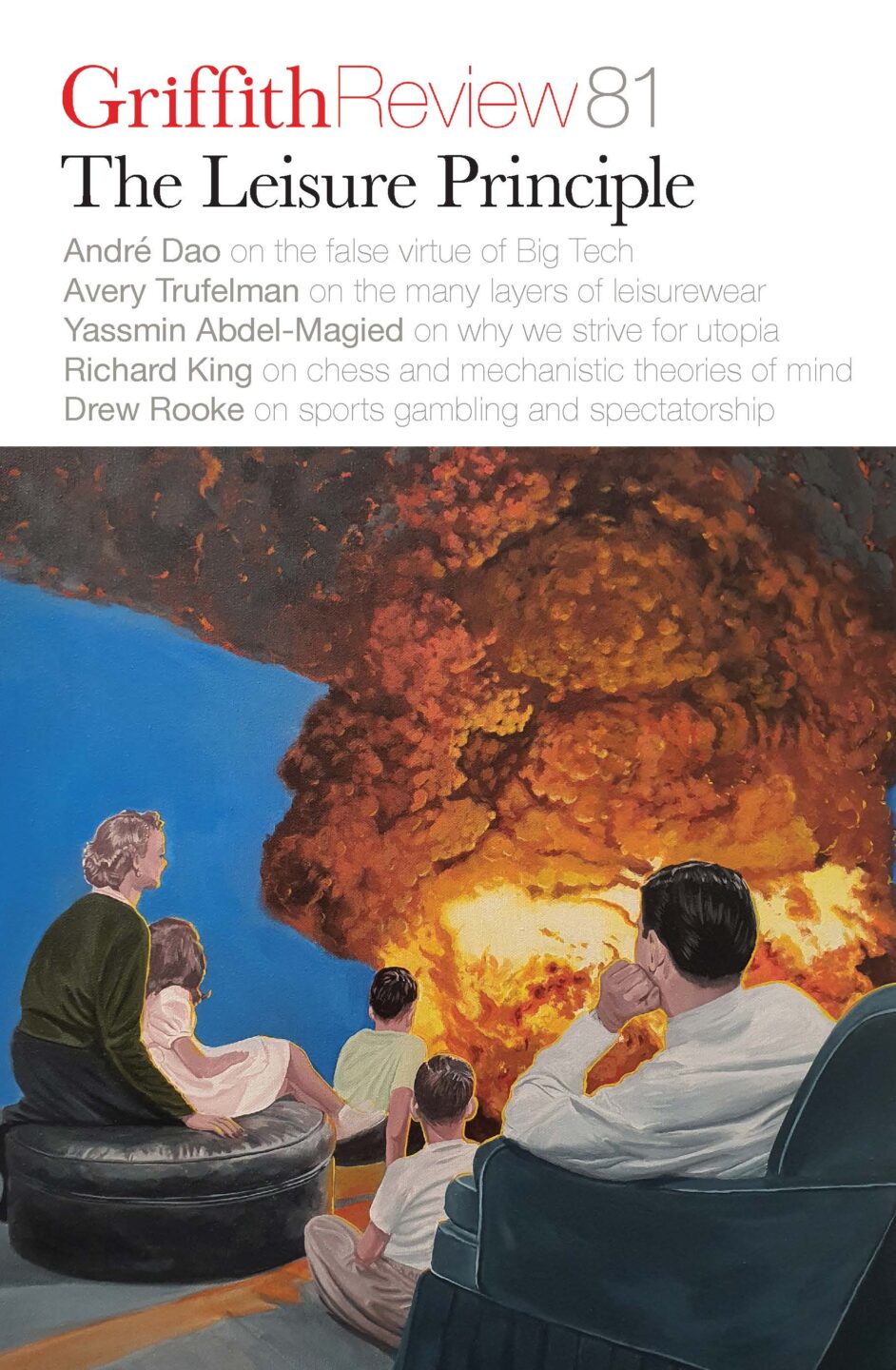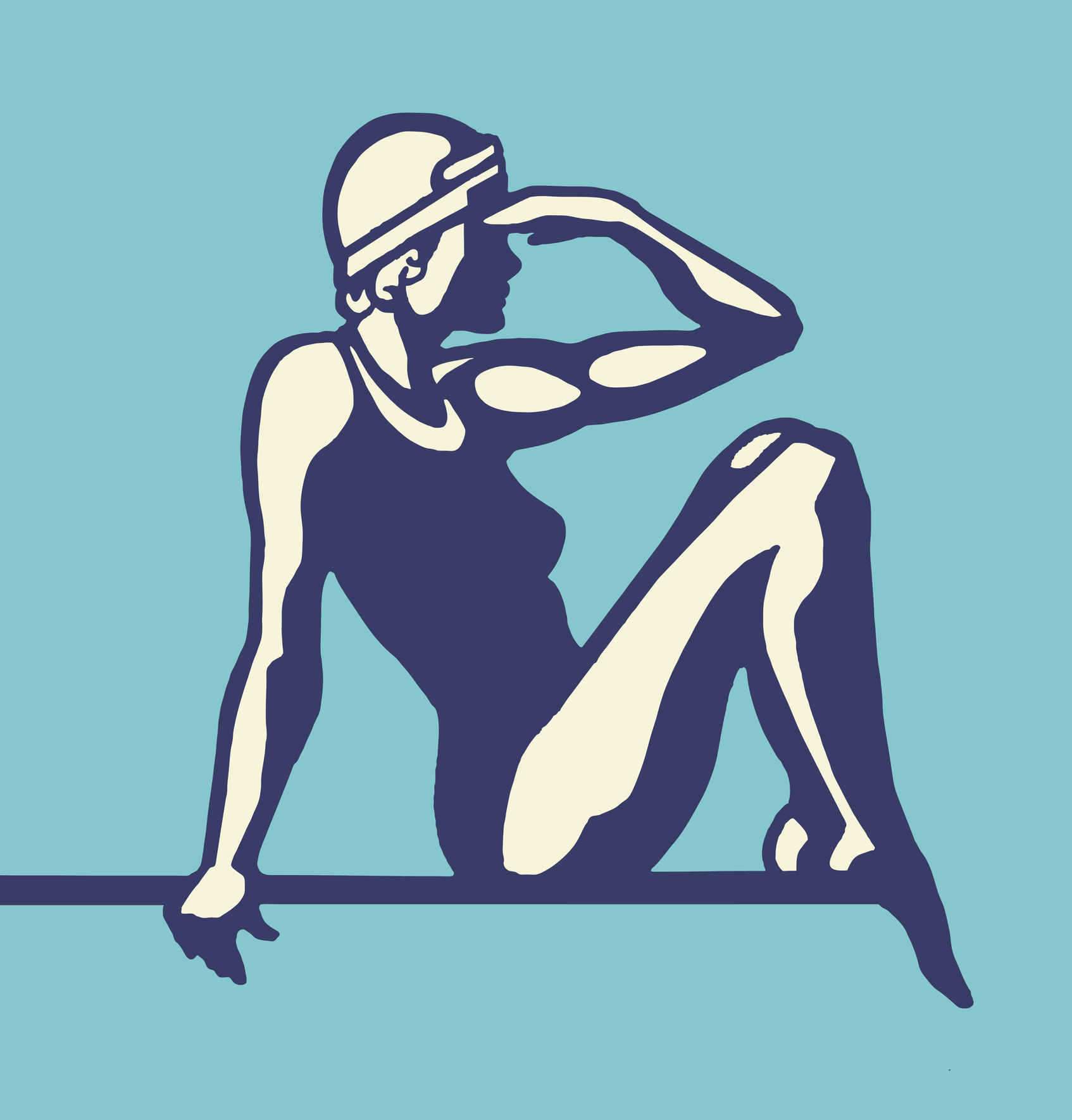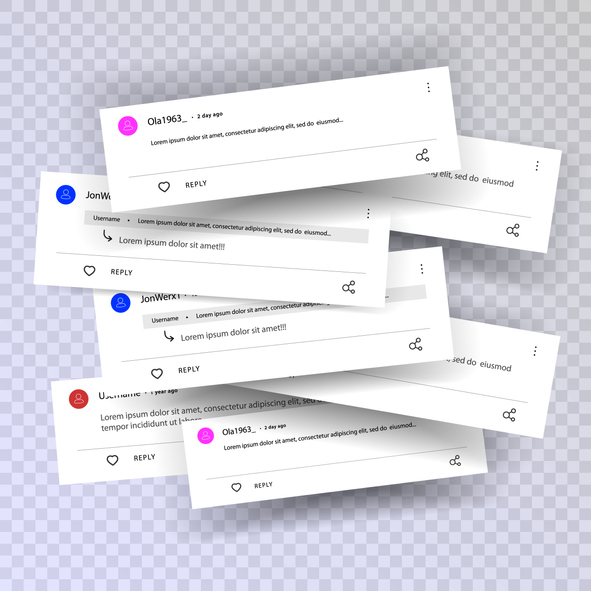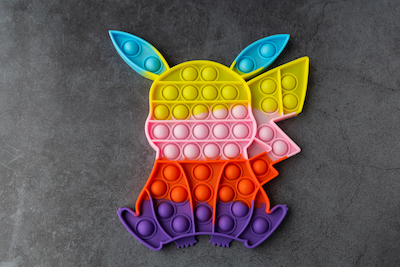Featured in

- Published 20230801
- ISBN: 978-1-922212-86-3
- Extent: 200pp
- Paperback (234 x 153mm), eBook


Already a subscriber? Sign in here
If you are an educator or student wishing to access content for study purposes please contact us at griffithreview@griffith.edu.au
Share article
About the author

Raelee Chapman
Raelee Chapman is a writer of short fiction based in Canberra. Her stories have appeared in Overland, Southerly, Westerly, Mascara Literary Review and Best...
More from this edition

A night at the theatre
FictionAt the end of the play, I remain in my seat, as to stand would risk such a huge amount of pain and blood loss I am not sure I would survive. Having been allocated this ‘best available seat’ I don’t know how to leave. The actors smile in a strained way as they take their curtain call and each of them casts an eye at me. I make them uncomfortable, perched as I am on these horns. Stuck as I am while the rest of the audience applauds and exits.

We will never be modern
Non-fictionMy Instagram feed, an information-stream cosplaying as a hyper-relevant town square, has undergone a radical transformation in the past few years. Whereas once that endless deluge teemed with benign yet revealing snapshots of friends moving through the motions and milestones of life – brunches, holidays, weddings and pregnancies – today’s experience is far removed.

‘A world we must defend’
Non-fictionSchools across Australia banned Pokémon in an attempt to regain control, but this only caused the franchise mania to intensify. Now Pokémon wasn’t just fun – it was also illegal, which meant it was dangerous, which meant trading cards on campus made you a risk-taker, which meant you were seen as fearless, which meant that you were dangerous.